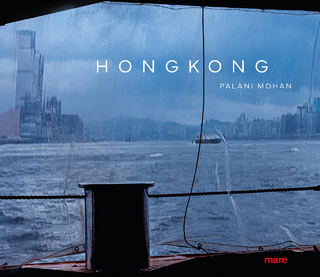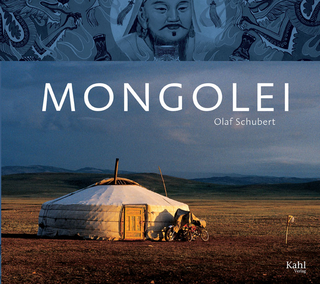
Romancing Vietnam
Inside the Boat Country
Seiten
1991
Viking (Verlag)
978-0-670-83228-6 (ISBN)
Viking (Verlag)
978-0-670-83228-6 (ISBN)
- Titel ist leider vergriffen;
keine Neuauflage - Artikel merken
Our perceptions of Vietnam are heavily determined by American cinema. But what is Vietnam really like? 15 years after the fall of Saigon, the author went to find out. The author also wrote "Heat Treatment" and is series editor of "Movements and Ideas".
Our perceptions of Vietnam are heavily determined by American cinema. Films like "Platoon" and "Apocalypse Now" perpetuate a stereotyped image of the country as a place of war, as an assault course for the American psyche. But what is Vietnam really like? 15 years after the fall of Saigon, Justin Wintle went there to find out. Wintle's journey turned into a double combat: state propaganda had to be resisted as firmly as Western misconceptions - and the authorities were determined Wintle should not leave without appreciating their view of history. He met a plethora of old revolutionaries, including General Diap and Le Duc Tho. He went down the tunnels at Cu Chi, and he visited My Lai. He also visited Binh Hoa, the site of another, unreported massacre. In Saigon, in the "little room of atrocities", he was shown deformed foetuses, the latest victims of US chemical warfare. For a while he was seduced; squatting in a high mountain, Wintle imagined what it must have been like to be a Viet Cong guerilla. His minders became his brothers, their innumerable hangers-on (most memorably at one stage of the journey, the five aunts of one of his drivers) his family.
But like all romances, this one is also fraught with disappointment. The Confucian-Leninist regime is shown to be an outmoded ideology that holds back a brave and enterprising people. Drifting between sadness and horror, lyricism and humour, Wintle's journal aims to strip away the myths of Vietnam, and set the country before us in a totally new light.
Our perceptions of Vietnam are heavily determined by American cinema. Films like "Platoon" and "Apocalypse Now" perpetuate a stereotyped image of the country as a place of war, as an assault course for the American psyche. But what is Vietnam really like? 15 years after the fall of Saigon, Justin Wintle went there to find out. Wintle's journey turned into a double combat: state propaganda had to be resisted as firmly as Western misconceptions - and the authorities were determined Wintle should not leave without appreciating their view of history. He met a plethora of old revolutionaries, including General Diap and Le Duc Tho. He went down the tunnels at Cu Chi, and he visited My Lai. He also visited Binh Hoa, the site of another, unreported massacre. In Saigon, in the "little room of atrocities", he was shown deformed foetuses, the latest victims of US chemical warfare. For a while he was seduced; squatting in a high mountain, Wintle imagined what it must have been like to be a Viet Cong guerilla. His minders became his brothers, their innumerable hangers-on (most memorably at one stage of the journey, the five aunts of one of his drivers) his family.
But like all romances, this one is also fraught with disappointment. The Confucian-Leninist regime is shown to be an outmoded ideology that holds back a brave and enterprising people. Drifting between sadness and horror, lyricism and humour, Wintle's journal aims to strip away the myths of Vietnam, and set the country before us in a totally new light.
| Erscheint lt. Verlag | 28.2.1991 |
|---|---|
| Zusatzinfo | 8pp b&w photographs |
| Verlagsort | London |
| Sprache | englisch |
| Maße | 160 x 240 mm |
| Gewicht | 786 g |
| Themenwelt | Reisen ► Bildbände ► Asien |
| Sozialwissenschaften ► Politik / Verwaltung | |
| ISBN-10 | 0-670-83228-6 / 0670832286 |
| ISBN-13 | 978-0-670-83228-6 / 9780670832286 |
| Zustand | Neuware |
| Haben Sie eine Frage zum Produkt? |
Mehr entdecken
aus dem Bereich
aus dem Bereich
Forschungsexpeditionen zu den spektakulärsten Orten der Erde
Buch | Hardcover (2023)
Prestel (Verlag)
49,00 €


